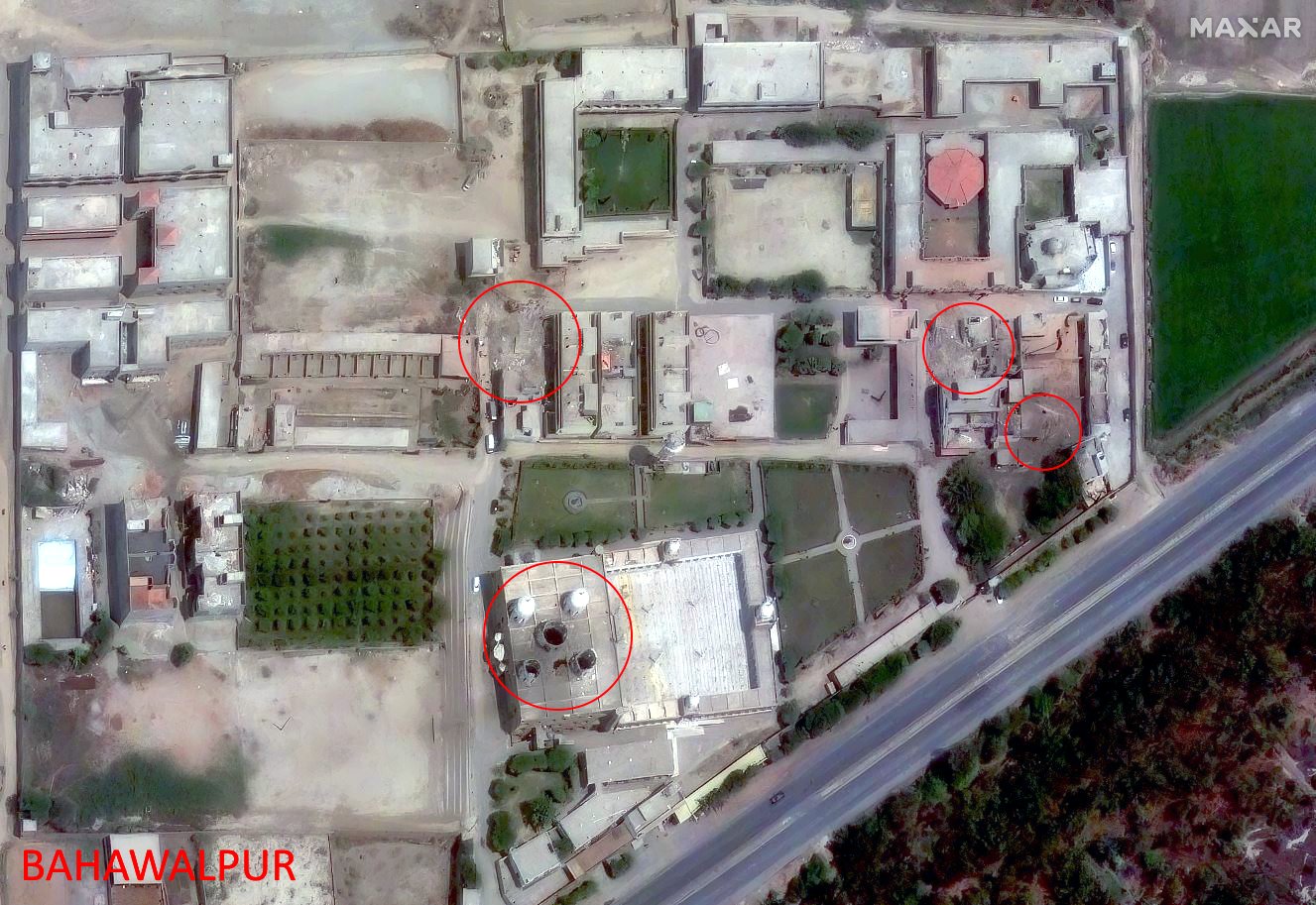Dear reader, The Monsoon Session of Parliament that begins tomorrow, Monday, will continue till August 12, there are 18 scheduled sittings, a total working time of 108 hours. That's the plan. The real story of the session will, of course, lie outside of those bare numbers. Some intimations can be gleaned from the political climate on session-eve. Ahead of what could be the last session in the old Parliament building, the Chief Justice of India, NV Ramana, spoke of a syndrome that will likely be part of the baggage that the movers and packers will shift from the old edifice to the new - "diminishing" Opposition space, and the toll this is taking on the idea and promise of a "parliamentary" democracy. Laws, the CJI said, were being passed "without detailed deliberation and scrutiny". "The diversity of opinion enriches polity and society. Political opposition should not translate into hostility, which we are sadly witnessing these days… Strengthening parliamentary democracy demands strengthening the Opposition as well". Those are wise words, but the CJI's diagnosis may be somewhat incomplete. The evident decline of the Opposition, most strikingly framed in the general inertness of Parliament, which seems increasingly by-passed by the important issues of the day, is part of a larger story of deterioration which also folds in the institution that the CJI heads, the judiciary. The Rs 5 lakh penalty that the Supreme Court slapped last week on the main petitioner seeking a CBI probe into alleged torture and extra-judicial killings by the Chhattisgarh Police and Central forces during anti-Maoist operations in Dantewada in 2009, is illustrative of a new court that seems to be taking a step back from its own successes. On too many occasions, this new court gives the benefit of the doubt to the state - and punishes the petitioner. Last month, while striking down allegations of a larger conspiracy by high state functionaries in the communal violence of Gujarat 2002, the SC made observations that made it into police FIRs the very next day against activist Teesta Setalvad and former DGP RB Sreekumar. The receding Opposition and the court that upends its mandate and protects the powerful state instead of the petitioner, are tied together. They mirror the same shrinking that vacates more and more space for an Executive armed with a mandate and a winner-takes-all approach to move into, and take over. Ahead of the Monsoon Session came more confirmation of the Modi government's spreading dominance. Having subdued the Opposition with its choice of presidential candidate - Droupadi Murmu's candidature has an irrefutability that draws on her life story and political journey against odds, not just the NDA's lead in the numbers game - the government announced Jagdeep Dhankhar as its vice-presidential candidate. Murmu and Dhankhar will win, and the Opposition will not have put up even a token fight. On the eve of the new parliamentary session, too, the BJP's attack on former Vice President Hamid Ansari, virtually accusing him of aiding a Pakistani spy-journalist and compromising the national interest, brought a foreboding of greater political bitterness - and a sense of deja vu. On a Sunday in December 2017, in an election speech in Palanpur, Gujarat, Prime Minister Modi had alleged that Pakistan was interfering with the state's assembly polls, and to drive home his point, he said that top leaders of the Congress had met leaders from Pakistan over dinner at Mani Shankar Aiyar's residence. The dinner meeting that PM Modi referred to was, in fact, attended by, among others, a former prime minister, a former Indian Army chief, a former foreign secretary, and diplomats who had served in the Indian High Commission in Pakistan - it was also attended by former V-P Ansari. (Aiyar has played a leading role in the past in track-II processes between India and Pakistan.) That the BJP should attempt to swing the needle of suspicion back to the former V-P, that the contrived, shadowy spectre should still involve Pakistan, points to how some unhappy things remain the same, amid the change. As it re-opens, then, the same estrangement is in the House. The rest - that sitting days in Lok Sabha have declined, that it works for a smaller number of hours, that fewer bills have been passed by Parliament over the past few years, that the list of words deemed unparliamentary includes almost all of an Opposition party's rhetorical arsenal - are mere symptoms. Till next week, Vandita | 
No comments:
Post a Comment